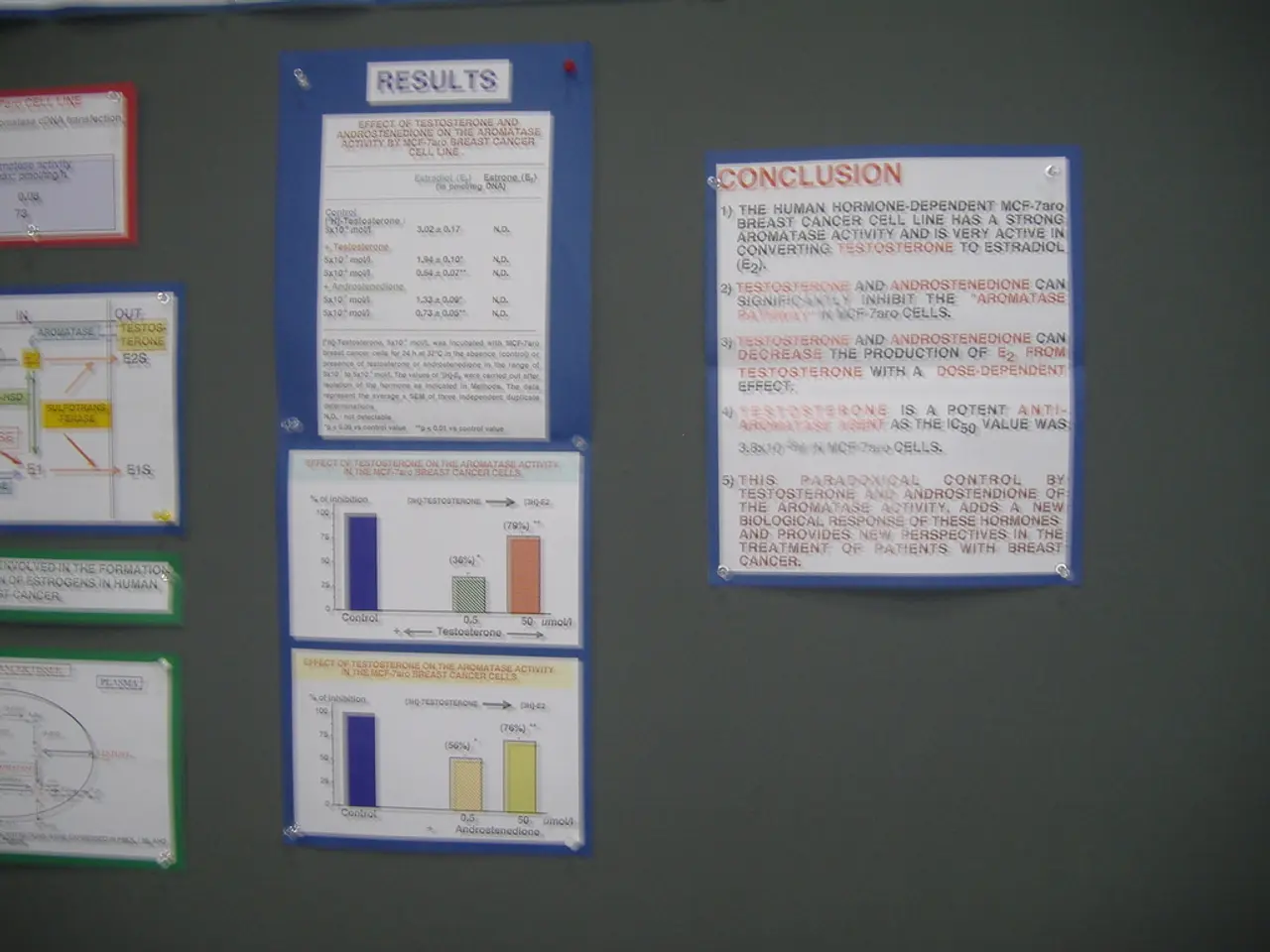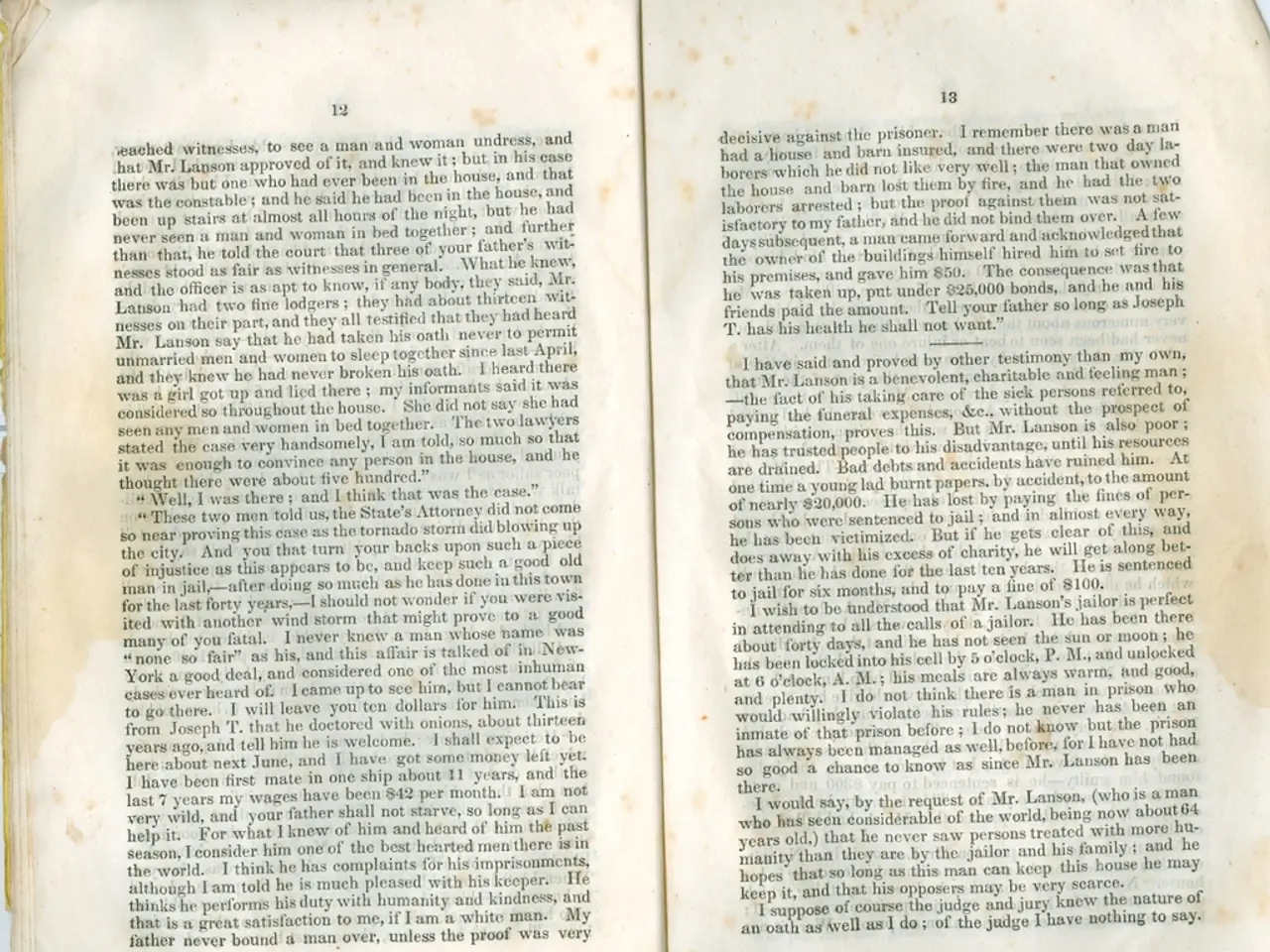Malaysian King Sultan Ibrahim is set to embark on a groundbreaking state visit to Russia, marking the first such visit by a Malaysian monarch since diplomatic ties were established in 1967.
In a significant development, the United States has imposed tariffs on several Malaysian exports, including rubber gloves, furniture, palm oil, and solar panels. This move has disrupted the global trade route between Malaysia and the US, causing ripples in various sectors.
Malaysia, being the third largest trade partner of the US since 2015, has seen a surge in imports from the US. In 2024, imports increased by 42.1% to RM126.26 billion, with key imports being Electronic and Electronic products, machinery, equipment, and parts, and chemicals and chemical products.
The tariff, set at 19%, has had a significant impact on the price of Malaysian-made goods. For instance, a rubber glove that costs RM1.19 in the US after the tariff could be sold for RM2.89 if repackaged or sold as part of a global brand and shipped back to Malaysia. The retail price of the same glove in the US can be RM2.49.
Top Glove Corp Bhd, one of the companies that manufacture rubber gloves, is among those affected by the tariffs. The tariff, in essence, acts as a global price hike in disguise, increasing the cost of goods that travel from Malaysia to the US and back to Malaysia.
The tariffs have also affected the solar manufacturing sector in Malaysia, with solar equipment facing tariffs as high as 250%. This has severely impacted the once-thriving sector. Although semiconductor products are currently exempt, they are under investigation for possible tariffs under national security grounds.
The five key sectors affected by the revised US tariff are gloves, furniture, solar panels, machinery components, and palm oil-based products. The tariffs raise the cost of imported goods, causing manufacturers and suppliers in affected countries to reconsider production locations.
The US efforts to reshore manufacturing face significant challenges because ASEAN countries like Malaysia have spent decades building integrated supply chains. Moving manufacturing back to the US could make products too expensive for global markets, effectively limiting them to US consumption only.
The tariffs also disrupt regional manufacturing hubs and complicate supply chains that rely heavily on cross-border components. Policies targeting "transshipments" (re-exporting goods through third countries to circumvent tariffs) also increase costs, forcing companies to re-evaluate supply chain configurations and potentially add more value domestically before export to minimize tariff impact.
In summary, the US tariffs on Malaysian exports mainly affect solar panels, electronics, machinery, and potentially semiconductors. These tariffs increase costs throughout the global supply chain, challenging established regional manufacturing hubs and prompting shifts in production strategies to either serve domestic US markets at higher prices or restructure supply chains to mitigate tariff burdens. The global trade route between Malaysia and the US, once complex, has become even more intricate due to these tariffs.
- The government in Kuala Lumpur is closely monitoring the impact of the US tariffs on exports, as Malaysia is the third largest trade partner of the United States.
- The news surrounding the tariffs has caused alarm in the health sector, as Malaysia is a significant producer of rubber gloves, one of the five key sectors affected by the revised US tariff.
- In the realm of policy-and-legislation and politics, there are ongoing discussions about how to address the tariffs' effects, with an emphasis on protecting domestic industries and maintaining global competitiveness.
- The general news is also reporting on the potential for new investment opportunities arising from the tariffs, as companies reconsider their production locations to minimize the impact of the tariffs in a bid to maintain competitiveness in the global market.







